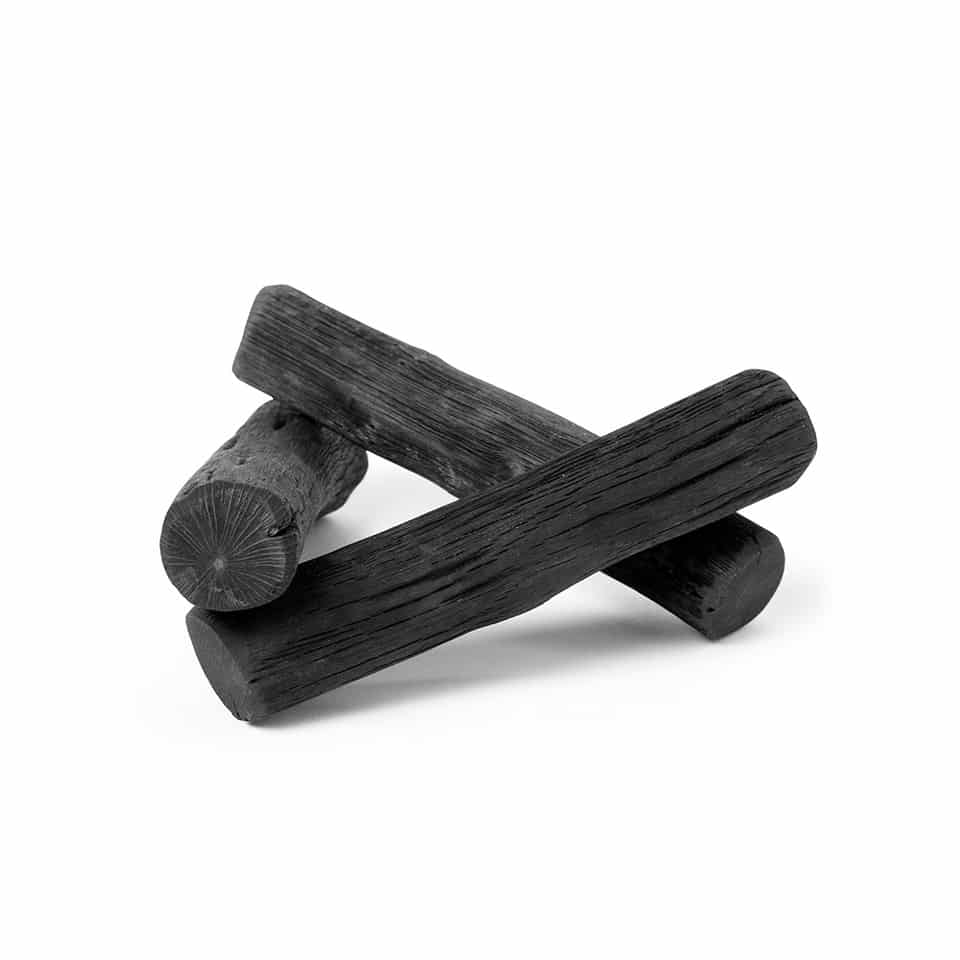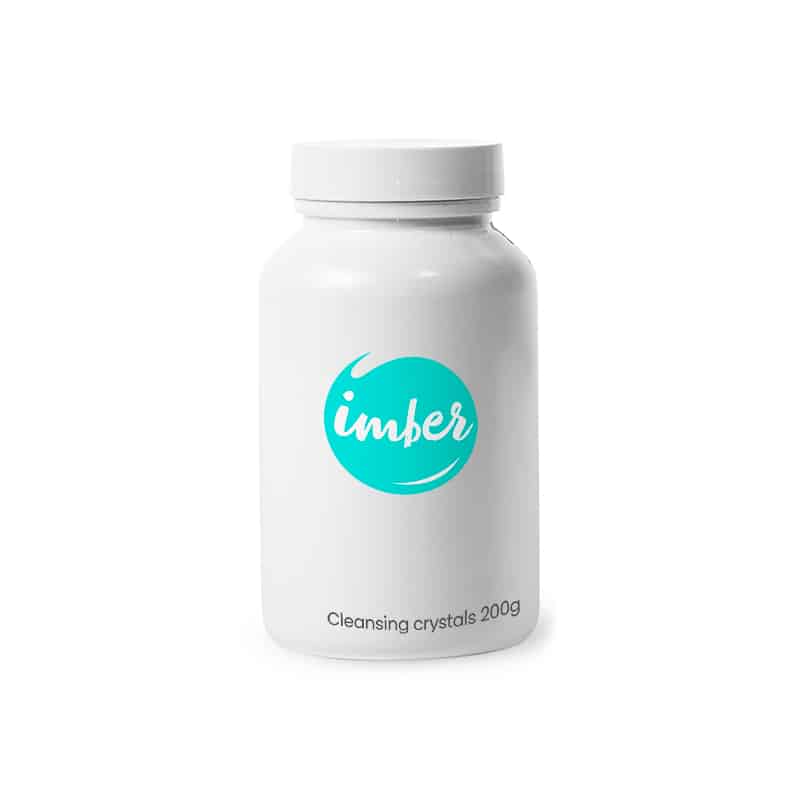The water distiller for your home
A water distiller turns your tap water into the purest drinking water, naturally improving your health sip by sip.
No installation required, no maintenance needed, easy to use and clean. More effective than reverse osmosis, Brita or any filter.

Benefits of water distillation
– Performance stays constant with time
– Reduce throw away plastic
– Higher purity than reverse osmosis or brita
– No installation required
– No expensive filters or cartridges
– No maintenance required
– Easy to clean

The best way
to purify water
“A water distiller can purify and remove pollutants from your tap water to make it safe to drink: the only method that can produce 99.9% pure water”

More effective
than any filter
A water distiller removes 99.9% of Antibiotics, Fertilizers, Pesticides, Insecticides, Herbicides, Solvents, Growth Hormones, Bacteria and Viruses from your drinking water
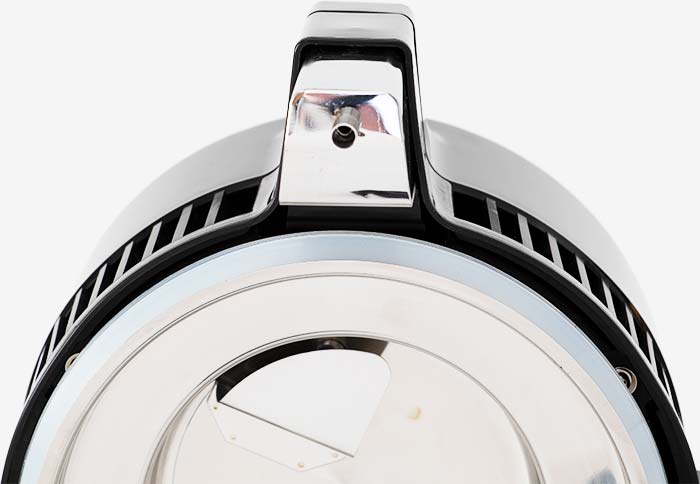
Shop with confidence
Our products come with a 2 years warranty, a 28 days money back guarantee*, plus free shipping on all orders, everywhere in the UK.

Drink your tap water safely
A water distiller is a simple home appliance which purifies your tap water to a 99.9% purity. No other water purification/filtration system is as effective.

Our water distillers
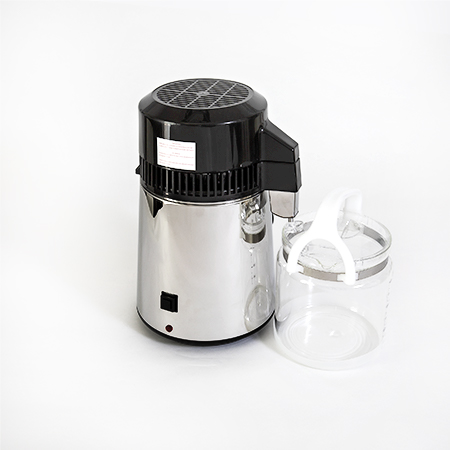
Isla – Stainless Steel Water Distiller
Stainless steel 4 Litre water distiller with glass collection jug. Elegant chrome finish, easy install, no maintenance.
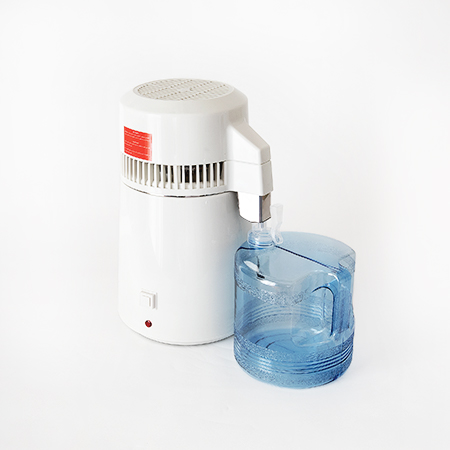
Puro – Professional Water Distiller
4 Litre water distiller with PVC collection jug. Self shut-off, fast distillation, easy cleaning
About Imber water distillers
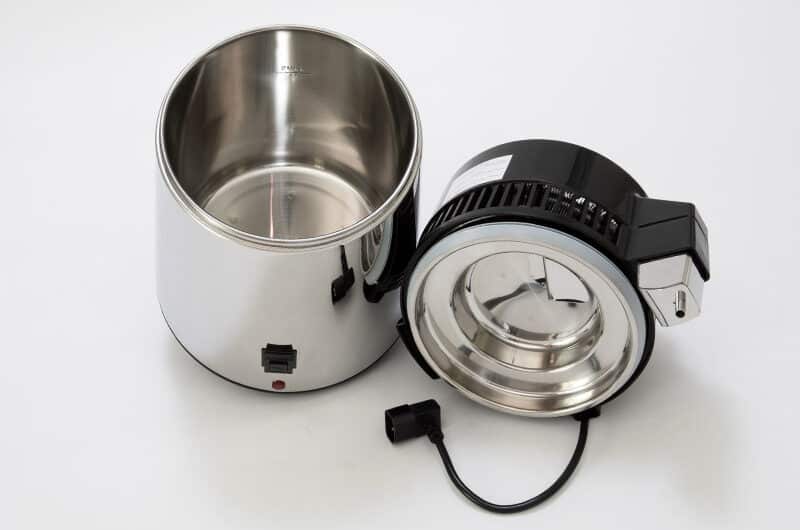
Shop water distillers
Our water distillers are perfect for home, the office, or the home office.

To become the best water distiller company in the UK
We believe everyone should have access to pure water, that is why we donate 1% of our profits to WaterAid

Is tap water safe to drink?
We took our water distillers to the test, this is what was left after one cycle of distillation…
No installation or maintenance required
Everything you need to start distilling is provided including a guide to help you set up. Your water distiller is easy to use, just fill the chamber with water, power it up and watch it distil up to 4 litres of water in one cycle. Once the distillation process is over, your water distiller will switch itself off automatically.
Both the glass carafe and the distiller have large openings that provide easy access to reach all corners and parts, so you can easily clean them by hand.

Accessories
Frequent asked water distillers questions:
Does my water distiller come with a jug?
Yes, all of our water distillers come with a 4L collecting jug. The Imber Isla has a glass jug, the Imber Puro has the PVC jug.
In addition to that there is a 3 months supply of activated charcoal, and cleaning crystals.
How much water can I distill?
As much as you like! One cycle of the distiller produces 4 litres of distilled water in about 3 hours and 20 minutes (most distillers take around 4-4:30 hours to complete a cycle)
How long does it take to distill 4 litres of water?
An Imber Distiller takes 3 hours and 20 minutes to distill 4 litres of water. It is the fastest water distiller around.
How can I best store distilled water?
A sealable, clean glass bottle or jar will be perfect.
Plastic containers can cause the distilled water to become contaminated as it will leach the chemicals from the plastic. Glass is the best option as it has minimal effect on the water over time. Keeping the glass in the dark will avoid algal growth.
Tightly sealing the storage container properly prevents the absorption of carbon dioxide.
Ideally, store distilled water out of direct sunlight. If possible try to keep it in the dark..
How long can I store distilled water for?
Depending on how you store it, how clean the storage container is, and other factors, potentially a long time (we’re not saying how long…).
What’s included in the box?
• Your Imber Water Distiller of choice
• UK 3 pin Power cable
• Water jug – Glass or PVC depending on water distiller model
• A bottle cap + discharge cap
• Nozzle (already fitted)
• Cleaning crystals
• Carbon filter bags (to fit inside nozzle)
• Instruction manual
How do I clean my Imber Distiller?
Avoid using a steel scourer as this would scratch the steel tank.
• Pour hot water into the tank to cover the calcification / scale.
• Pour 1 to 4 teaspoons of Imber descaler into the tank depending on the amount of scale.
• Leaving the lid off the distiller, start a cycle by pressing the reset button.
• Let the cycle run for 30 minutes or until the water boils, pour out the water and wash with clean water.
• If the scale is not completely removed, repeat the process.
What are the running costs?
This largely depends on what you pay for electricity. 100% off-the-grid solar consumers will pay nothing other than the cost of an occasional replacement of the carbon filter, and the low-cost cleaning powder.
Most people connected to the grid, on average, would expect to pay around 9 pence in electricity per litre of distilled water.
What is this ‘activated carbon filter’ and do I really need it?
Sounds exciting, doesn’t it? Activated carbon is created from things like coconut shells (anything with a high carbon content). It is completely safe to use.
Imber distillers come with a six month supply of activated carbon filters. If your water is really bad (smell, taste etc) we definitely recommend using it for the first few cycles. The filters help to remove any residual gases contained in water that might make it through distillation.
The ongoing use of activated carbon is a personal taste preference. Some people use the activated carbon only for a few days to help eliminate any “new” smell and taste from the distiller. Other people prefer the taste of the water using the sachets – try both and see what you like.
Can I distill water while I’m out of the house, or over night?
You can’t… but your distiller can do it for you.
Imber Water Distillers are quite happy to do the distilling while you are out of the house, asleep, doing a solid 3 hour yoga session… Once a distiller is running, it does not require any attention from its owner, and will switch off once the cycle is complete… just make sure your jug is in place before you set it going (or you’ll make angry downstairs neighbours).
What is a water distiller?
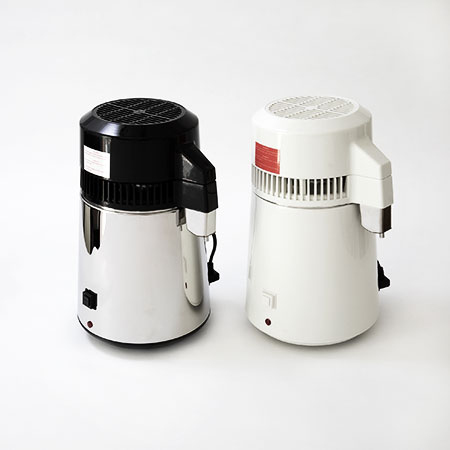
A water distiller is a relatively simple home appliance which warms up a tank of water to boiling point, collects and channels the steam through an air cooled pipe which condenses the steam back into water and collects it into a 4 liter jug: VOILÁ! You now have 99,9% pure water.
Our water distillers are small enough to fit on your kitchen counter top or on a small table, they are light, so you can put them away and take them out without strain when you need them.
It will turn itself off once a distillation cycle is over, so you can run them at night. They require close to no maintenance, and don’t require expensive cartridges or filters to produce the purest water.
Oh, and they naturally humidify and heat the room their in, so you can walk into a warm kitchen the morning after, without needing your central heating on! (not a joke)

What is distilled water?
In a nutshell, it is the product of distillation
(no, not that distillation 😉 )
In its most basic form it is vapour that rises through the atmosphere due to its lightweight state (and because warmer air tends to move higher), until it slams against a layer of atmosphere which is so much cooler that causes it to quickly condense into its liquid state i.e. water. ‘Simples’!.
And now that it’s back to its liquid state, much heavier than air, it must come back down: this is how you get English weekends.
Substances which are unable to vaporise, are left behind, so what you are left with is 99.9% pure H2O.
Water becomes vapour at 100° Celsius, so anything that has a boiling point higher than 100° will be left behind by the distillation.
Distillation removes water from the pollutants, filtration removes pollutants from water (or at least it tries to do so). This is for me the essence and true genius of distillation, so simple yet so absolute.
What is distilled water used for? Learn about the many uses of distilled water >>

What is a water distiller?
A water distiller is a relatively simple home appliance which warms up a tank of water to boiling point, collects and channels the steam through an air cooled pipe which condenses the steam back into water and collects it into a 4 liter jug: VOILÁ! You now have 99,9% pure water.
Our water distillers are small enough to fit on your kitchen counter top or on a small table, they are light, so you can put them away and take them out without strain when you need them.
It will turn itself off once a distillation cycle is over, so you can run them at night. They require close to no maintenance, and don’t require expensive cartridges or filters to produce the purest water.
Oh, and they naturally humidify and heat the room their in, so you can walk into a warm kitchen the morning after, without needing your central heating on! (not a joke)
Check out our shop, along with tips on how to make distilled water at home >>
What is water distillation?
Distillation is the natural process of separating the soluble, non volatile substances which are contained in water, from the pure H2O molecule which your cells like so much!
To some it may sound like a complicated process requiring advanced apparatuses, the truth is, water distillation happens all the time around us.
Have you ever taken that shortcut to work, through the grassy park early in the morning, only to find your shoes soaked, even if it hadn’t rained?
Or have you ever “finger drawn” on the steamy inside of your car’s windshield, maybe a ‘help’ message or the classic hart? And all those little droplets of water running down into the windshield slit?
Oh, and that time it rained?
That was all, you guessed it, distilled water!
Now, don’t go drinking London summer rain! The air above a city is extremely polluted, and its rain has filtered through a layer of smog, car tyre and break dust. Distil it first!
